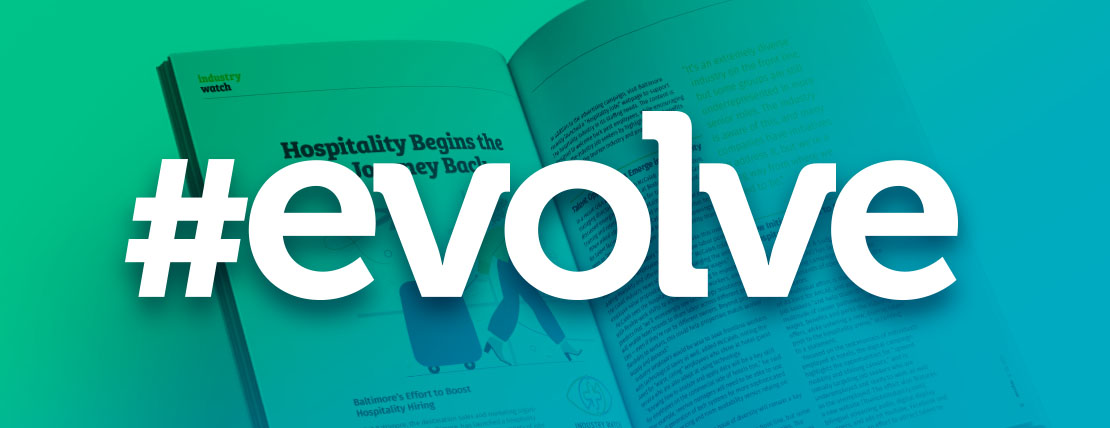You’ve heard all the clichés.
People are a company’s greatest asset. It’s your talent that sets you apart from your competition. Grow your employees and your business will grow.
There are plenty of others, and they’re all variations on the same theme. But, like any cliché, there is a lot of truth in these tired tropes. If an organization wants to succeed in the marketplace, it has to be able to find, nurture and hold on to talented employees.
In this issue, we take a look at how organizations are doing just that in 2022 and beyond, at a time when talent attraction and retention is front and center among a myriad of HR challenges.
In terms of talent assessment, advanced degrees have always been a key part of how companies gauge job candidates’ chances of success in a given role.
This issue’s cover story, “A Matter of Degrees,” however, finds that education certainly still counts for something, but four-year degrees are no longer a prerequisite for many roles that require advanced skills.
Some high-profile companies — Google, AT&T, Dell, Ernst & Young, Oracle, IBM and Intel, to name a few — have recently made headlines by loosening advanced degree requirements in their hiring criteria.
Besides, “the college degree is an incredibly poor indicator of work readiness,” Ravin Jesuthasan, global transformation services leader at Mercer, told #evolve.
Relying on degree requirements “creates an artificial barrier for connecting talent to work and results in the exclusion of large swathes of otherwise highly qualified talent from work,” Jesuthasan said.
Of course, any organization worth working for provides ample opportunities for employees to continue developing those skills and expertise on the job.
WorldatWork’s Brett Christie examines how organizations are investing in their employees in “Upskilling HR.”
For example, a WorldatWork Pulse Poll conducted in March found that 57% of organizations have increased upskilling opportunities for their employees in the past 12 months.
Identifying such opportunities and bringing them to the workforce typically falls to HR. But, as Christie writes, a separate WorldatWork pulse poll found that 34% of organizations are not providing opportunities to upskill their HR department.
Rodney Jones-Tyson, CHRO at Milwaukee-based Baird, knows the value of gaining a broad range of skills and experience.
In “Career Twists and Turns,” WorldatWork’s Nu Yang traces Jones-Tyson’s winding professional path at the financial services company; a course that has seen the business school graduate serve the organization as an investment banker, chief operating officer and chief risk officer before becoming CHRO early in 2022.
Jones-Tyson has taken a unique route to the top HR post at Baird. But his background exemplifies the type of proven business leader that organizations should be looking for to guide their HR function, Telvin Jeffries, senior principal at Mercer, told Yang.
Jeffries also offered a piece of advice to today’s HR leaders — and did a pretty good job of summing up what we’re trying to say here in our Talent Issue.
“Because the HR functions demands are rapidly changing and the workforce is complex, HR leaders must develop resilience and strategic agility. The last several years have shown the need to be fluid, open to rapid change, and quickly update how business is done to navigate competition, social issues and world events successfully.”




